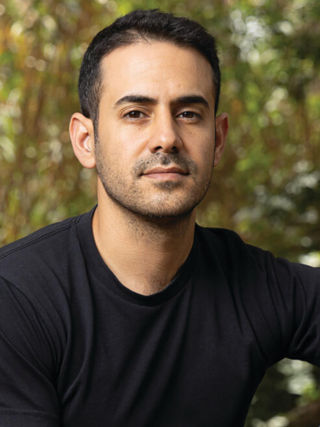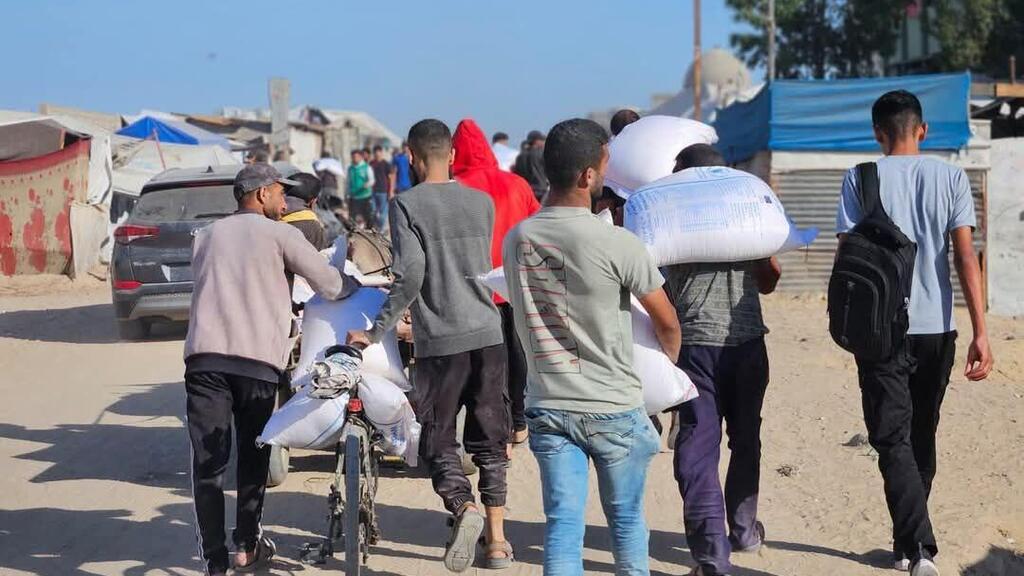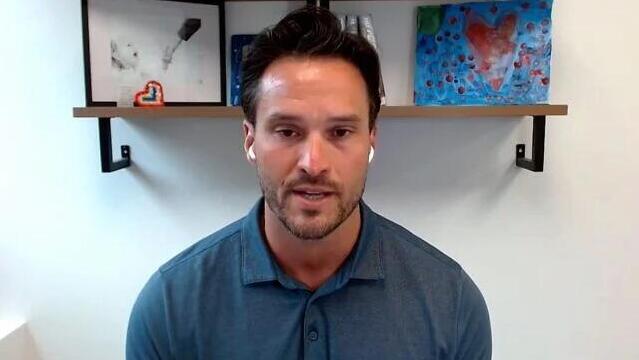Jake Wood, the CEO of the Gaza Humanitarian Foundation (GHF), tasked with leading the ambitious humanitarian operation in Gaza, resigned before the project even got underway. His reason: the inability to meet the principles of "humanity, neutrality, impartiality and independence."
While technically a procedural step—no operation should hinge on a single person—the abrupt departure of the man meant to oversee a central component of Israel's ground operation is more than symbolic. The military campaign is unlikely to pause because of one resignation. But Wood’s decision could create ripple effects that will be felt down the line.
The first implication is operational. The new aid distribution model is designed to tighten the noose on Hamas by cutting its control over food, medicine and supplies—critical resources that directly impact its resilience against Israeli forces.
Delivering aid directly to civilians also undermines Hamas' authority in local markets. That’s why this model is an essential part of the IDF’s operational strategy. Any failure to implement it efficiently will inevitably create tactical complications on the ground.
The second implication is diplomatic and perceptual. Wood’s resignation, under circumstances that already reflect poorly on Israel, sends a damaging message. Israeli legitimacy for conducting the current campaign is at an unprecedented low, evident in mounting international condemnations and the Saudi-French initiative to recognize a Palestinian state.
The international media climate, which influences global public opinion, has also turned sharply critical. The aid initiative was intended to help mitigate this pressure—to prevent distressing images from Gaza and offer some legitimacy to Israel’s ground operation.
But now, with the person responsible for the plan essentially declaring it unworkable, the credibility of the whole framework is in question. Footage of thousands of Gazans storming aid distribution centers or the violence surrounding them only deepens the problem.
Get the Ynetnews app on your smartphone: Google Play: https://bit.ly/4eJ37pE | Apple App Store: https://bit.ly/3ZL7iNv
Then there's Washington. Israel’s dealings with the United States are not just about generating legitimacy, as they might be with other nations. The U.S. occupies a different status. The dialogue with Washington is one of permission. Legitimacy is something sought from those whose blessing is desirable. Securing it enables operational freedom and diplomatic resilience. Its absence makes things far more complicated. But when it comes to the White House, Israel must secure a green light—or, depending on how one sees it, avoid a red one.
 Gadi EzraPhoto: Avigail Uzi
Gadi EzraPhoto: Avigail UziThe issue is that President Donald Trump has already stated publicly that he wants to see this situation resolved "as quickly as possible.” It remains unclear whether he was referring to the current ground operation or the war as a whole. Previous remarks suggest he may be looking to end the broader Israeli-Arab conflict. But even in a narrower reading, Israel’s ability to resist such pressure seems limited. Wood's resignation may represent an additional—if subtle—nudge from the world’s most powerful man in that direction.
While the departure of the head of the aid mission is not a reality-shifting event in and of itself, it certainly helps shape the current reality. Alongside international criticism, operational hurdles and mounting American pressure, it too throws a wrench into the wheels of “Gideon’s Chariots.” The bigger question is what lessons are being drawn from it even now—both regarding Wood’s replacement, and just as crucially, the structure of the aid framework itself.
- Gadi Ezra is former director of Israel’s National Public Diplomacy Unit and author of "11 Days in Gaza"




